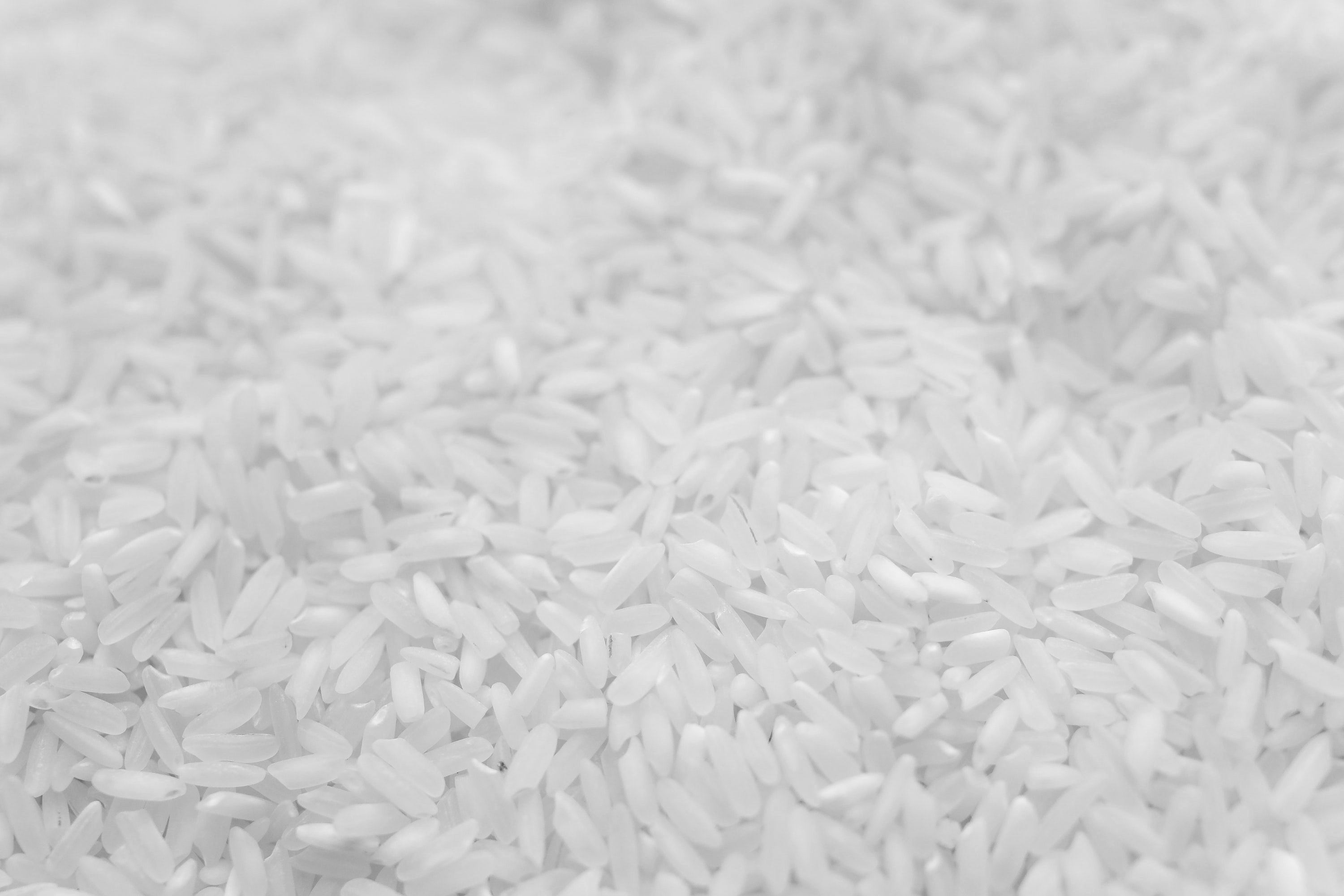
The opposition by Indo European Foods Ltd (Indo Foods) was based on the earlier non-registered word mark, BASMATI, in the UK. The ground relied on was Article 8(4) Regulation 2017/1001. Indo Foods argued that it was entitled to rely on the UK tort of the extended form of passing off to prevent use of the mark applied for. The opposition was initially thrown out by EUIPO on the basis that Indo Foods had failed to prove that there was goodwill in BASMATI in the UK. The BOA accepted that there was goodwill on appeal, but still held that Indo Foods had failed to demonstrate that use of the mark would result in misrepresentation and damage.
On misrepresentation, the Board of Appeal found that:
- goodwill for a specific type of rice (basmati) does not equate to goodwill having been acquired for goods containing rice.
- Indo Foods didn’t claim (or prove) that the applicant uses the mark in the UK or that such use was for goods not made from genuine basmati rice.
- There was no evidence to indicate that the type of rice used in the manufacture of rice-based goods was relevant to consumers and their purchasing decision. Further, they held that the mere risk that the goods at issue might be of interior quality to that of basmati rice did not entitle Indo Foods to prohibit use of the applied-for mark.
The General Court instead found:
- It held that yes, where goodwill is established for some g/s, and that name is used for other g/s, the existence of a likelihood of misrepresentation is harder to prove. BUT, the existence of a common field of activity is not determinative (Monster Energy v EUIPO). Further, the GC took into account Indo Foods’ reference to Tattinger, from which we know that a misrepresentation can arise even where the goods are different in nature. Therefore, it held that even if goodwill attaching to the name BASMATI only relates to basmati rice, the relevant public might believe that the applied-for goods (i.e. rice-based snack foods) contain or are made from basmati rice (Basmati Bus).
- Actual use of the mark applied for is not one of the conditions for passing off. The test is notional and fair use of the mark (Maier v ASOS; confirmed for extended passing off in Basmati Bus). Further, actual use isn’t a condition of Art 8(4) either.
- Indo Foods was entitled to prohibit use of the mark on the grounds that the description of goods was so broad that it was possible for them not to contain basmati rice. Noting in the goods description required that the goods be made from genuine basmati rice. It also held that the BOA was wrong to find that there was no evidence to indicate that the type of rice used in the manufacture of rice-based goods was relevant to consumers and their purchasing decision, because there no such requirement can be inferred from the national rule on which the opposition is based. On the contrary, misrepresentation occurs where the relevant public may be deceived.
In relation to damage, the BOA concluded that use of the mark would not be liable to cause damage.
It could not see how use of the mark for the goods at issue could cause a direct loss of sales to Indo Foods, given that it was a supplier of rice only, and not the applied-for goods. Further, it rejected the argument that use of the mark could affect the distinctiveness of BASMATI, since the mark actually refers to ‘SUPER BASMATI’ which is itself a recognized variety of basmati rice.
The GC held that damage arises from the loss of distinctiveness of the sign, or the ‘very singularity and exclusiveness’ of genuine basmati rice. Direct loss of actual sales is not the test for damage. In addition, the GC held that the BOA’s finding that there could not be a loss of distinctiveness of BASMATI was wrong, because it was based on the premise that use of the mark is of goods made either from basmati rice or super basmati rice – misrepresentation stems from notional and fair use.
This case shows how difficult it can be to argue a case under 8(4) and how much evidence is required to substantiate your case. EU courts are not used to dealing with national provisions. We know that once goodwill is shown, the test is that of notional and fair use – Basmati Bus holds true. We don’t need to prove direct loss of sales for damage, as the test is whether the mark loses distinctiveness, or singularity and exclusiveness.
Send us your thoughts:
Would you like to read more articles like this?
Building 1000
Cambridge Research Park
CB25 9PD
Fax. 01223 425258
info@iamstobbs.com
Privacy policy
German office legal notice
Cookie Declaration
Complaints Policy
Copyright © 2022 Stobbs IP
Registered Office: Building 1000, Cambridge Research Park, Cambridge, CB25 9PD.
VAT Number 155 4670 01.
Stobbs (IP) Limited and its directors and employees who are registered UK trade mark attorneys are regulated by IPReg www.ipreg.org.uk

